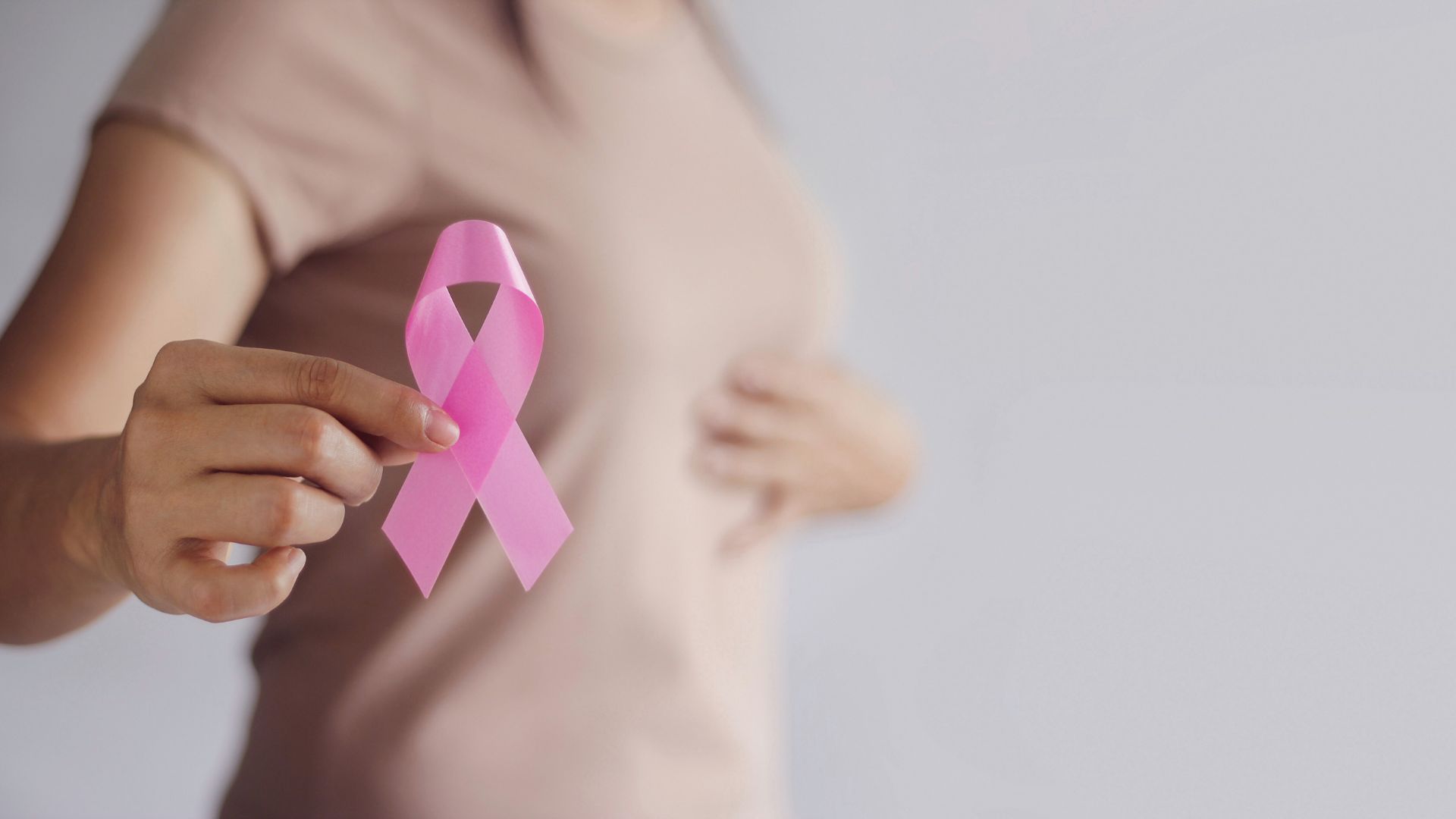Breast Cancer: An Overview of Causes, Symptoms, and Prevention
Introduction
Breast cancer is the most commonly diagnosed cancer among women globally, though it can also affect men. This disease begins in the breast cells, potentially spreading to other parts of the body if left untreated. Advances in detection and treatment have significantly improved survival rates, but understanding breast cancer's causes, symptoms, and preventive measures remains critical to mitigating its impact.Causes and Risk Factors of Breast Cancer
The precise cause of breast cancer is still not entirely clear, but certain factors increase its likelihood.- Genetic Mutations: BRCA1 and BRCA2 gene mutations dramatically elevate breast cancer risk.
- Family History: Having close relatives with breast cancer increases personal risk.
- Age: The likelihood of developing breast cancer rises with age, with most cases occurring after 50.
- Hormonal Exposure: Prolonged exposure to estrogen, due to early menstruation or late menopause, can increase risk.
- Lifestyle Choices: Smoking, obesity, physical inactivity, and excessive alcohol consumption contribute to elevated risk levels.
- Radiation Therapy: Prior radiation treatment to the chest area may increase vulnerability.
Signs and Symptoms of Breast Cancer
Being aware of the early signs of breast cancer is key to prompt diagnosis and treatment. Common symptoms include:- A new lump or mass in the breast or underarm.
- Changes in breast size, shape, or texture.
- Skin dimpling or thickening, resembling orange peel.
- Nipple changes, such as inversion or discharge.
- Redness, swelling, or warmth in the breast.
Tips to Reduce Breast Cancer Risk
While some risk factors are unavoidable, adopting healthy lifestyle habits can lower the likelihood of developing breast cancer:- Screen Regularly: Mammograms and clinical exams can detect early changes.
- Maintain a Healthy Diet: Prioritize whole foods like fruits, vegetables, and lean proteins.
- Exercise Regularly: Engage in at least 150 minutes of moderate activity weekly.
- Limit Alcohol: Reduce consumption to lower risk.
- Avoid Smoking: Eliminating smoking promotes overall and breast health.
- Breastfeed: Extended breastfeeding can offer protective effects.
Plants and Herbs for Breast Health
Certain herbs and plants offer natural benefits that support breast health and may reduce cancer risk:- Green Tea: Contains antioxidants that may inhibit tumor growth.
- Turmeric: Its active compound, curcumin, has potent anti-inflammatory properties.
- Flaxseed: Rich in lignans, which can modulate estrogen levels.
- Garlic: Boosts immunity and exhibits potential anti-cancer effects.
Supplements for Supporting Breast Health
Adding specific supplements to your routine can further enhance breast health:- Vitamin D: Supports immune function and may lower cancer risk.
- Omega-3 Fatty Acids: Reduces inflammation and supports cellular health.
- Coenzyme Q10 (CoQ10): Aids cellular energy production and supports immunity.
- Probiotics: Promotes gut health, essential for overall well-being.
Tips for Managing and Reducing Breast Cancer Risk
Incorporate these practices into your daily routine for better breast health:- Perform Regular Self-Exams: Early detection begins at home.
- Stay Active: Regular exercise boosts immunity and helps maintain a healthy weight.
- Prioritize Stress Reduction: Yoga, meditation, and deep breathing can improve overall wellness.
- Choose a Balanced Diet: Include anti-inflammatory foods to support overall health.
- Consult Your Healthcare Provider: Regular checkups and screenings are essential for early detection.
Conclusion
Breast cancer remains a global health concern, but proactive measures can significantly reduce risk and improve outcomes. Awareness, regular screenings, and a healthy lifestyle are powerful tools in preventing and managing breast cancer. By incorporating natural remedies, supplements, and stress-reducing practices, individuals can take charge of their health and promote well-being. Remember, early detection saves lives. Make breast health a priority today for a healthier tomorrow.References
- American Cancer Society
- Mayo Clinic: Breast Cancerr Causes and Symptoms
- National Cancer Institute: Breast Cancer Awareness
- Centers for Disease Control and Prevention: Breast Cancerr Basics












